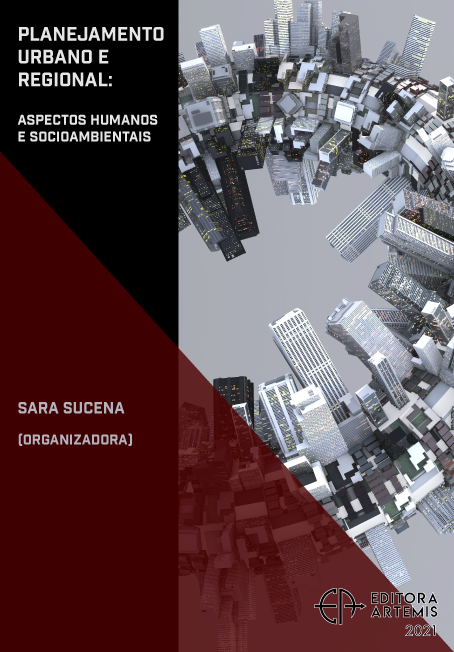
LA VIVIENDA PROPIA COMO FACTOR DE ÉXITO
This document intends to suggest and guide a reflection on the metropolitan transformation of the City of Panama and how it has sociocultural effects on those who inhabit it. The urban development of Latin American cities highlights a heterogeneous, unplanned growth, which feeds the social and economic inequalities that daily face their citizens in their landslide. The Panamanian urban development is accelerated in urban areas with a large vertical expansion in the city center and horizontal in the outskirts, following patrons focused on economic and private interests. This development landlord seizes socio-cultural particularities of the población; attached to the residential mobility which, as a complex demographic process, it tends to go from there to urban development and is based on socio-cultural practices of residence adapting to the individual's life cycle. Residential mobility contemplated in obtaining a new living is perceived as a manifestation of personal development and individual success. In this context, residential mobility, seen as achieving goals, produces individual satisfaction depending on the priorities of life that it has and the different perspectives with which the situation is seen. Based on what was mentioned above, this article aims, from a practical focus, to reflect on issues such as the evolution of urban development and the acquisition of a home, and whether these aspects influence in some way the perception of success and development personal of the individuals.
LA VIVIENDA PROPIA COMO FACTOR DE ÉXITO
-
DOI: 10.37572/EdArt_1508214088
-
Palavras-chave: Desarrollo urbano, movilidad residencial, vivienda propia, éxito, desarrollo personal
-
Keywords: Urban development, residential mobility, home ownership, success, personal development
-
Abstract:
This document aims to suggest and guide a reflection on the metropolitan transformation of Panama City and how this has socio-cultural effects on those who live there. The urban development of Latin American cities highlights a poorly planned heterogeneous growth, which feeds the social and economic inequalities that its citizens face every day when traveling. Panama has an accelerated urban development in the urban areas, displaying a great vertical expansion in the center of the city and horizontal expansion in the outskirts, following patterns focused on economic and private interests. This pattern of socio-cultural development skews particularities of the population; coupled with residential mobility, which as a complex demographic process, tends to go hand in hand with urban development and is mapped by socio-cultural practices of residence, adapting to the individual's life cycle. The residential mobility contemplated in obtaining a new home is perceived as a manifestation of the personal development and success of the individual. In this context, home ownership is seen as an achievement that produces satisfaction to the individual according to his life priorities and the different perspectives with which the situation is observed. Based on the aforementioned, this article aims, from a practical approach, to reflect on issues such as the evolution of urban development and home ownership, and whether these aspects influence in any way the perception of success and personal development of individuals. The residential mobility contemplated in obtaining a new home is perceived as a manifestation of the personal development and success of the individual. In this context, home ownership is seen as an achievement that produces satisfaction to the individual according to his life priorities and the different perspectives with which the situation is observed. Based on the aforementioned, this article aims, from a practical approach, to reflect on issues such as the evolution of urban development and home ownership, and whether these aspects influence in any way the perception of success and personal development of individuals. The residential mobility contemplated in obtaining a new home is perceived as a manifestation of the personal development and success of the individual. In this context, home ownership is seen as an achievement that produces satisfaction to the individual according to his life priorities and the different perspectives with which the situation is observed. Based on the aforementioned, this article aims, from a practical approach, to reflect on issues such as the evolution of urban development and home ownership, and whether these aspects influence in any way the perception of success and personal development of individuals. home ownership is seen as an achievement that produces satisfaction to the individual according to his life priorities and the different perspectives with which the situation is observed. Based on the aforementioned, this article aims, from a practical approach, to reflect on issues such as the evolution of urban development and home ownership, and whether these aspects influence in any way the perception of success and personal development of individuals. home ownership is seen as an achievement that produces satisfaction to the individual according to his life priorities and the different perspectives with which the situation is observed. Based on the aforementioned, this article aims, from a practical approach, to reflect on issues such as the evolution of urban development and home ownership, and whether these aspects influence in any way the perception of success and personal development of individuals.
-
Número de páginas: 13
- Gabisel Barsallo Alvarado

